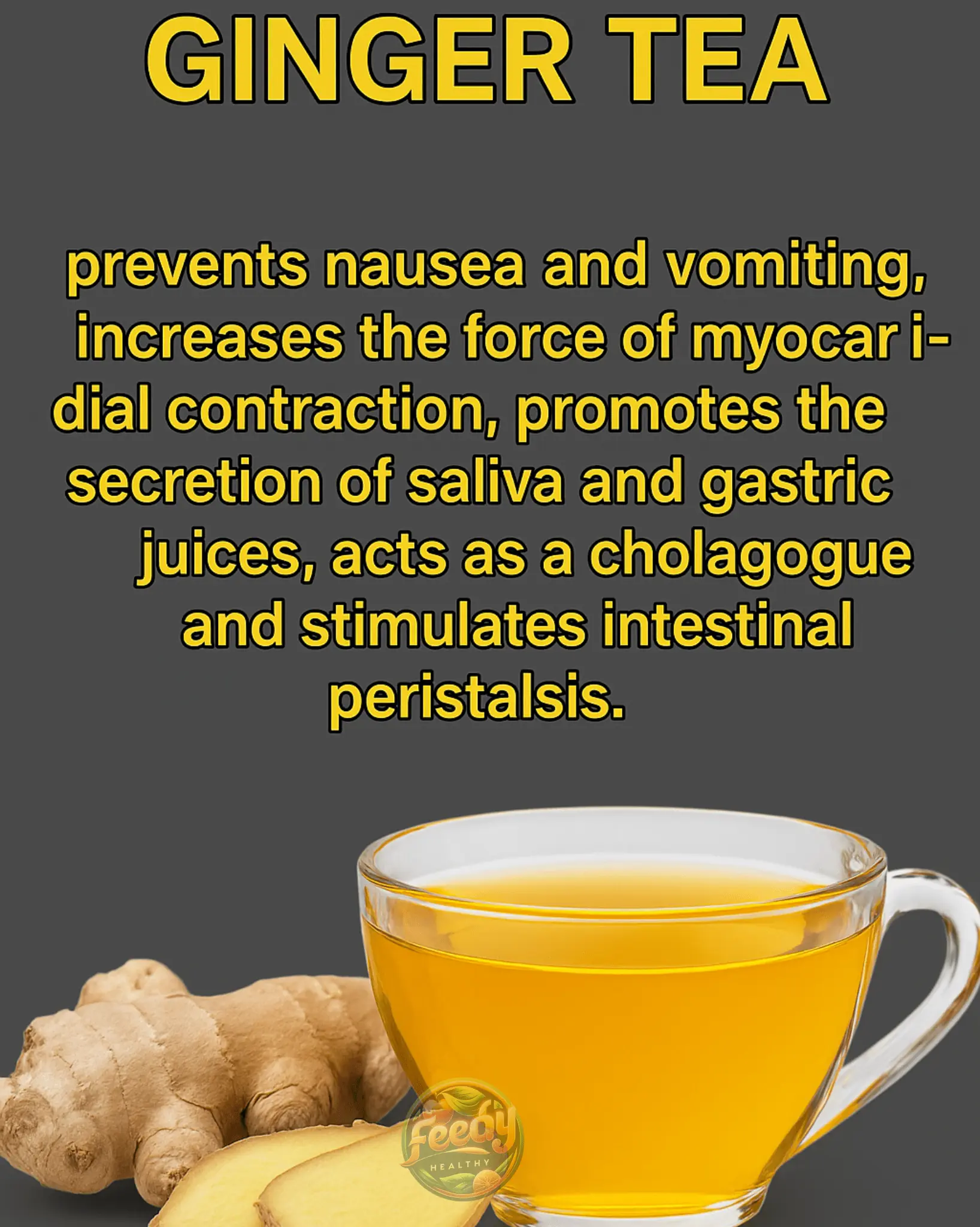
Discover the Powerful Benefits and Uses of Thyme
Thyme isn’t just a fragrant kitchen staple—it’s a time-tested herb with a rich history in both culinary and traditional medicine. Celebrated for its robust flavor and impressive health properties, thyme offers much more than meets the eye. From boosting immunity to supporting respiratory health, this small but mighty herb deserves a place in every home.
🌿 Health Benefits of Thyme
Packed with Antioxidants
Thyme contains powerful compounds like thymol, carvacrol, and flavonoids, which act as antioxidants. These help neutralize free radicals in the body, reducing oxidative stress and lowering the risk of chronic diseases such as heart disease and cancer.
Strengthens the Immune System
Rich in vitamin C and antimicrobial agents, thyme helps the body fend off bacteria, viruses, and fungi. It’s a popular natural remedy for colds, coughs, and respiratory infections.
Supports Respiratory Health
Thyme is commonly used to ease respiratory issues such as bronchitis, asthma, and sinusitis. It acts as an expectorant to clear mucus and also soothes inflamed airways, making breathing easier.
🌱 Common Uses of Thyme
In Cooking
Thyme’s earthy, slightly minty flavor enhances a wide range of dishes—from soups and stews to marinades and roasted vegetables. It’s a staple in seasoning blends like herbes de Provence and bouquet garni.
As an Herbal Tea
Thyme tea is a natural remedy for sore throats, coughs, and digestive issues. Simply steep fresh or dried thyme leaves in hot water to create a soothing, health-boosting infusion.
In Herbal Syrups
Thyme is often included in homemade or commercial cough syrups for its antimicrobial and soothing effects on the throat.
For Skincare
Thanks to its antibacterial and anti-inflammatory properties, thyme extract is used in creams, ointments, and facial cleansers to help treat acne and other skin conditions.
⚠️ How to Use Thyme Safely
-
Essential Oil: Thyme essential oil is highly concentrated and should always be diluted with a carrier oil before applying to the skin. Avoid ingesting it unless under professional supervision.
-
Allergies: People with allergies to mint family plants should be cautious, as thyme can trigger allergic reactions in sensitive individuals.
-
Pregnancy & Breastfeeding: Women who are pregnant or breastfeeding should consult a healthcare provider before using thyme in medicinal doses.
🌸 Final Thoughts
Thyme is far more than an aromatic herb—it’s a natural ally for wellness. With its ability to support immune function, ease respiratory problems, and promote healthier skin and heart health, thyme proves that some of the most powerful remedies grow right in your kitchen. Use it wisely, and it just might become your favorite herbal go-to.
News in the same category

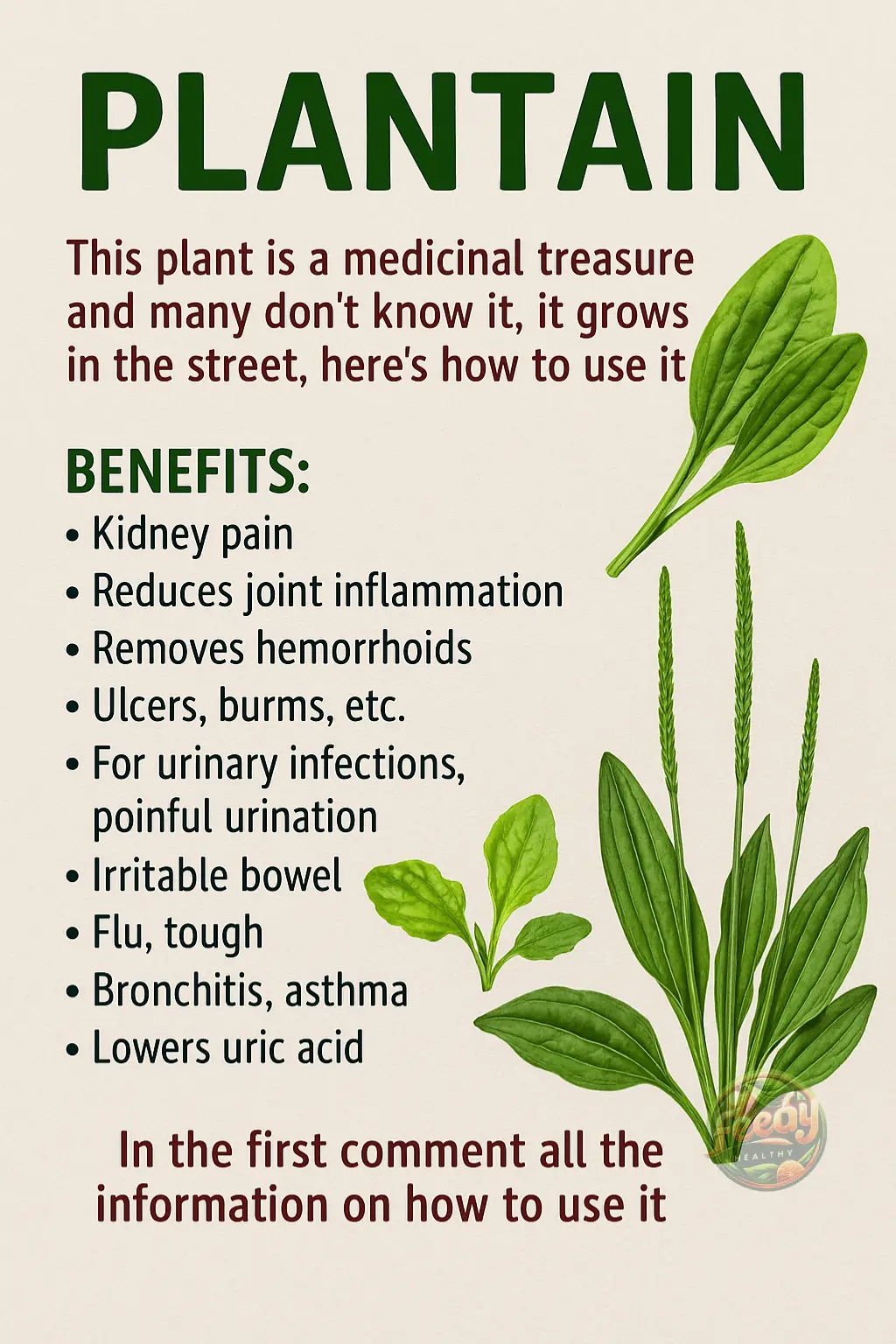
PLANTAIN: Take Advantage of Its Benefits and Learn How to Use It! 🌿
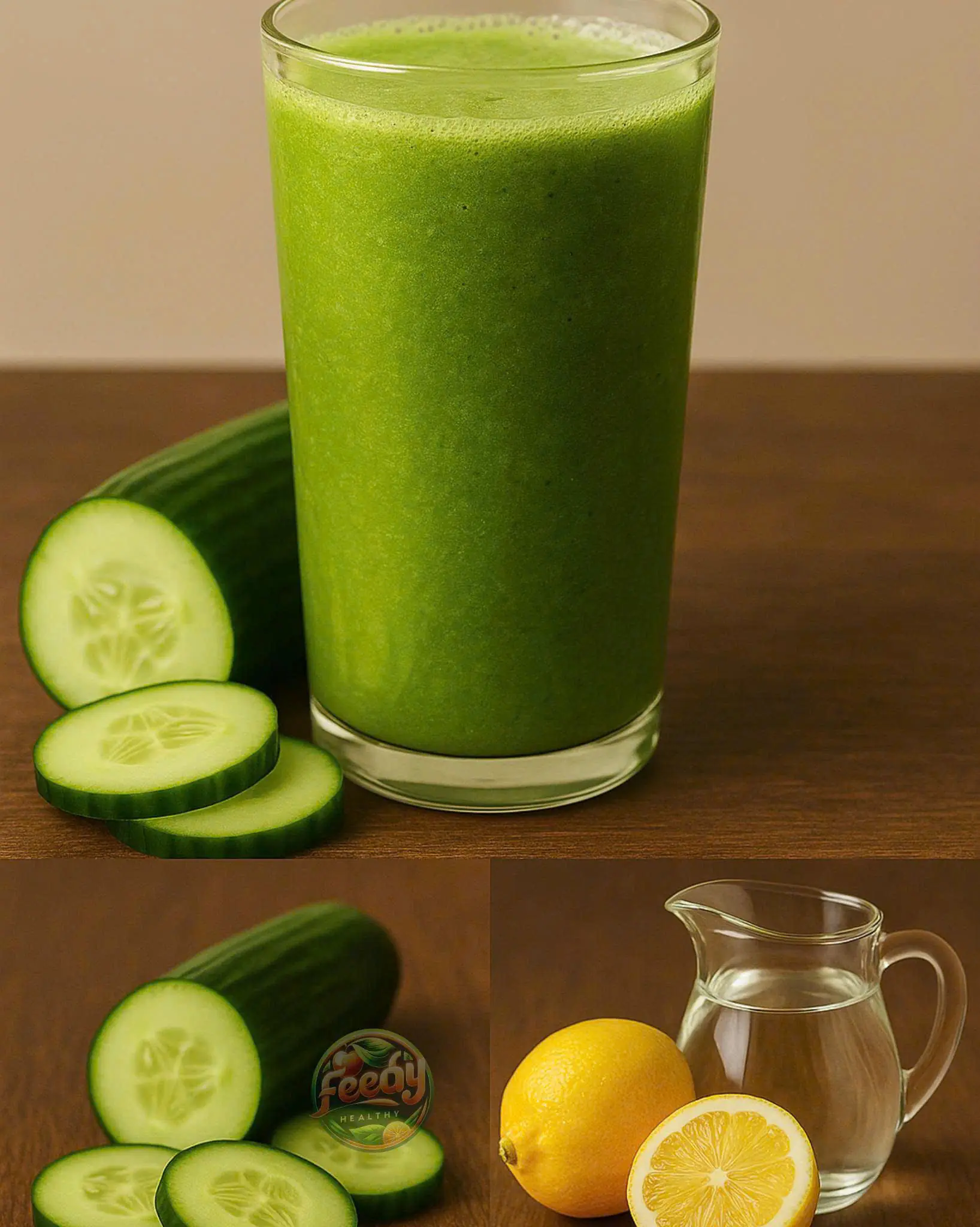
If You Suffer from Diabetes, High Blood Pressure, High Cholesterol, Inflammation, or Premature Aging — This Simple Homemade Remedy Could Change Your Life

Exploring the Amazing Benefits of Turmeric

7 Persistent Minor Illnesses That Could Be Early Warning Signs of Cancer
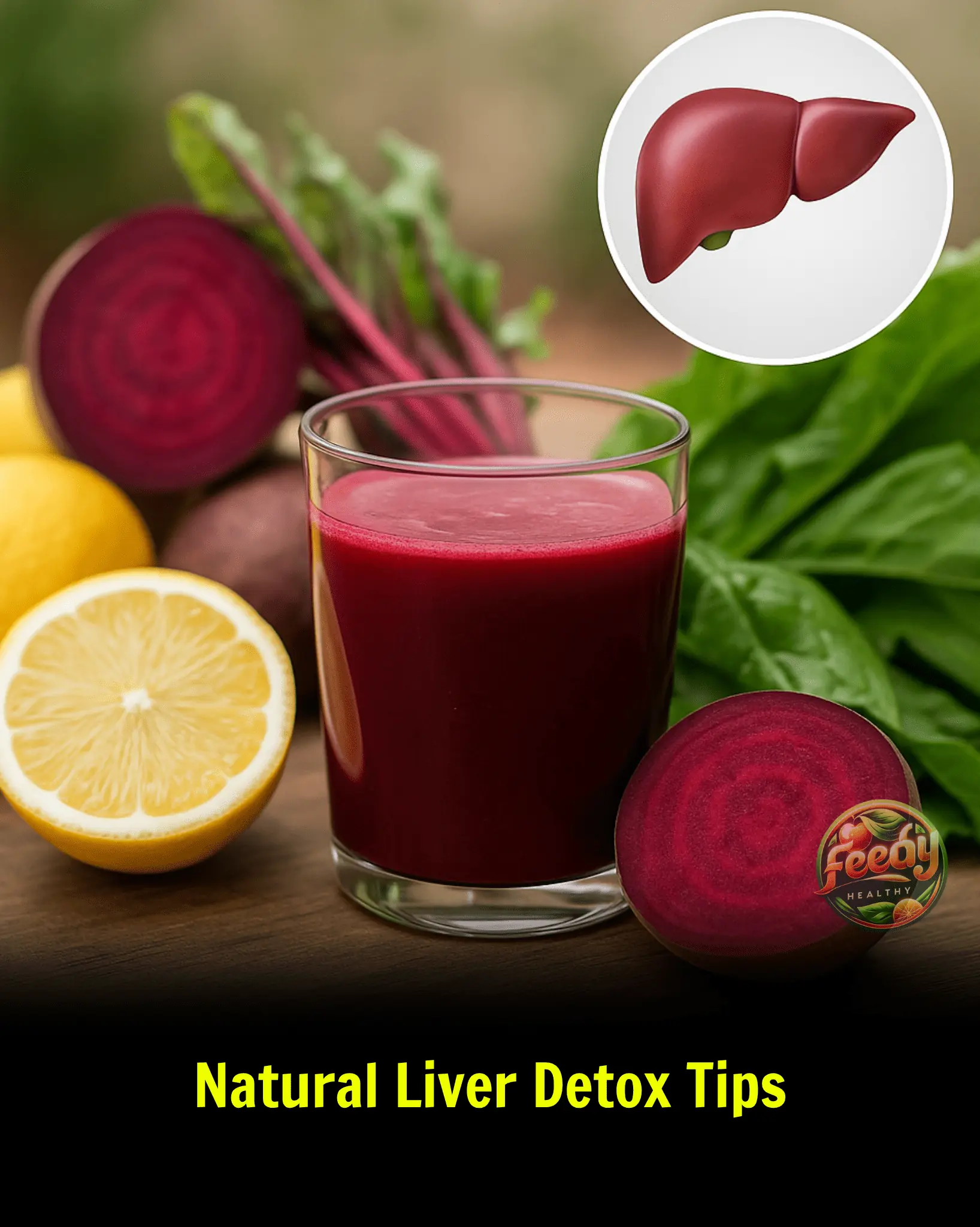
Natural Liver Detox Tips

I’m Losing So Much Belly Fat Drinking This All Day! 🌿 My Big Belly Is Gone – Thanks to Ginger!

10 Clues Your Body Might Be Giving You About Clogged Arteries

Warning signs of a heart attack?

8 powerful anti-cancer foods you should start including in your diet

What Happens to Your Body When You Drink Lemon Peel Tea?
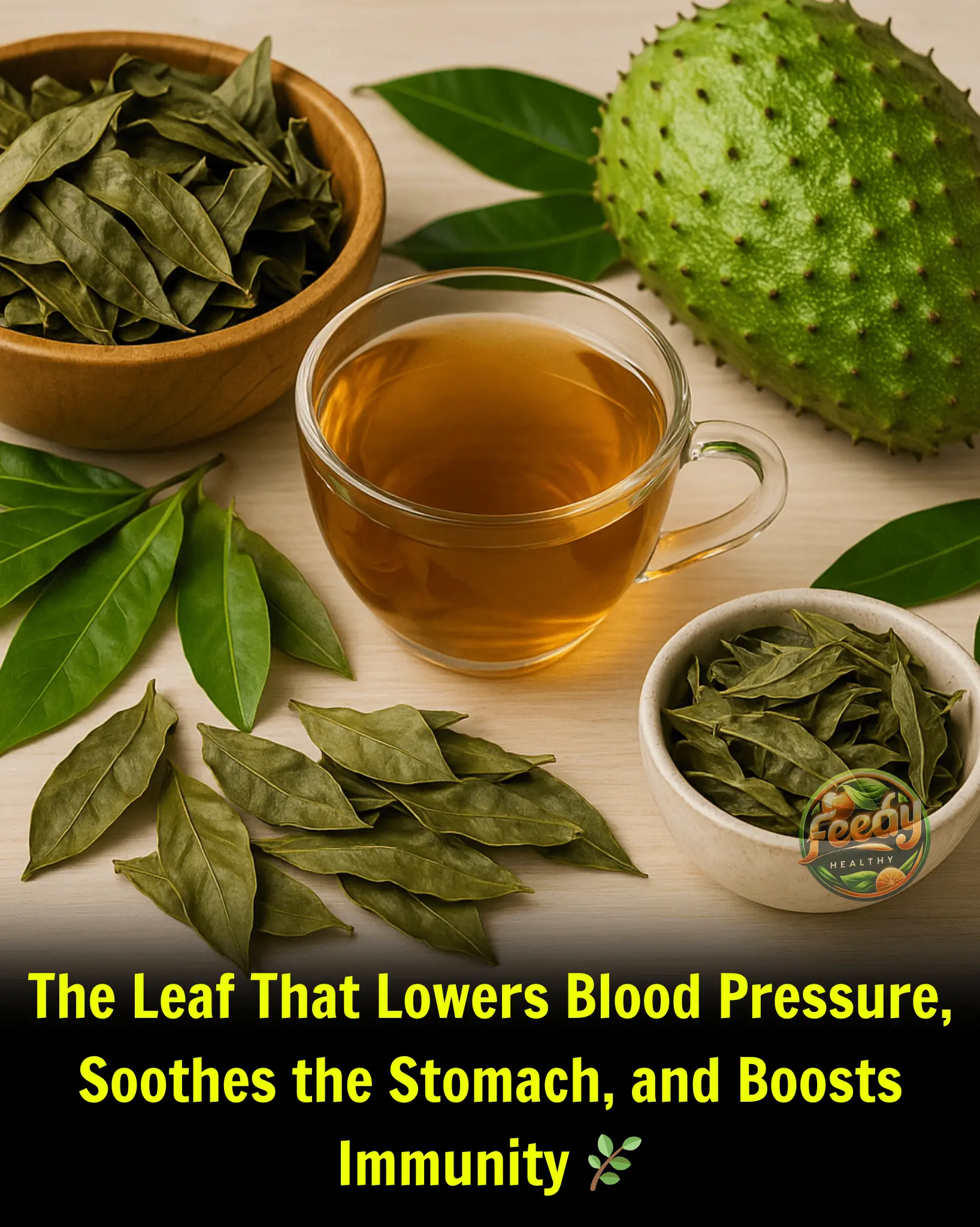
The Leaf That Lowers Blood Pressure, Soothes the Stomach, and Boosts Immunity 🌿
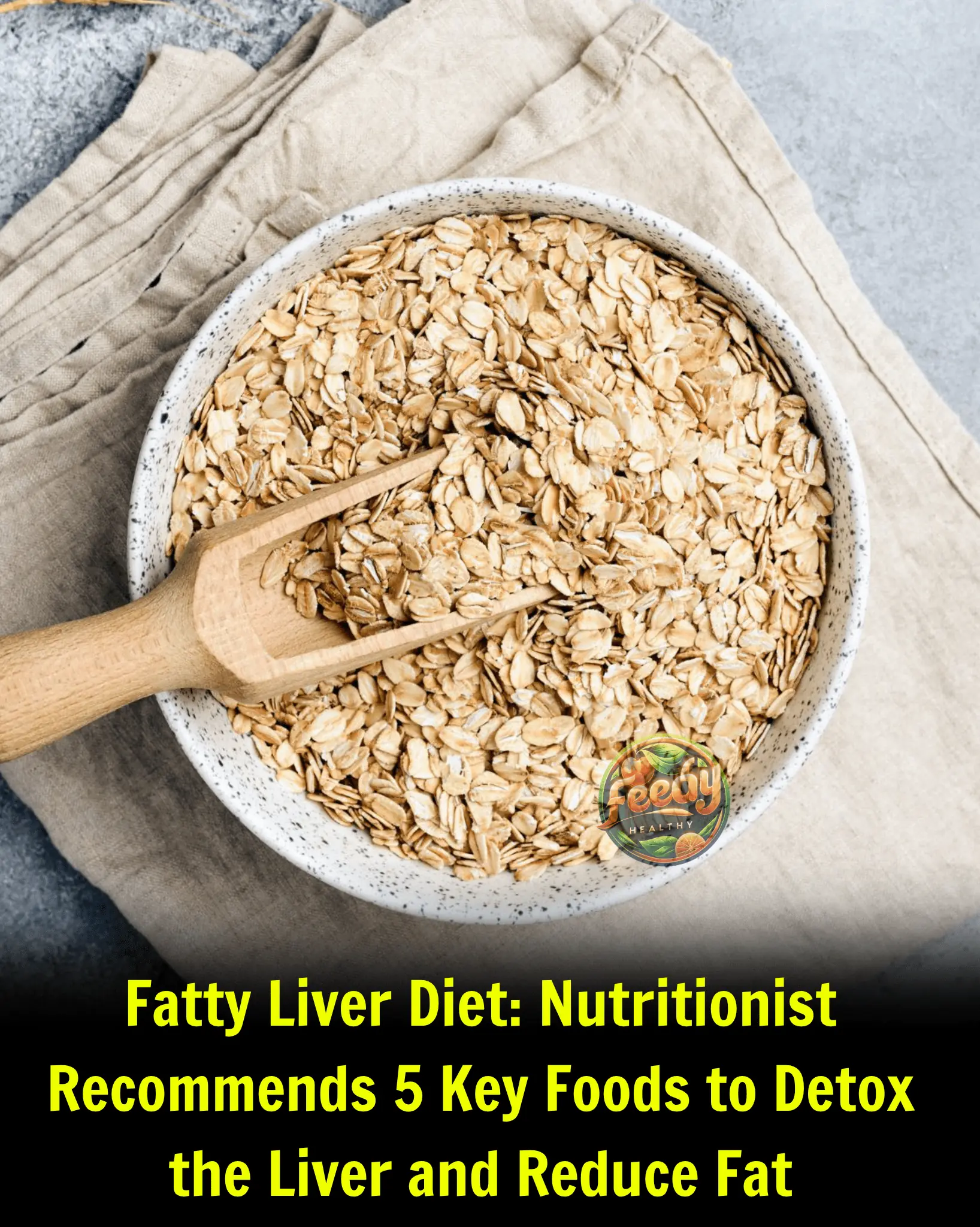
Fatty Liver Diet: Nutritionist Recommends 5 Key Foods to Detox the Liver and Reduce Fat

Thousands May Be Living with Undiagnosed Alcohol-Related Brain Damage

35+ Things We Do Every Day Linked to Cancer
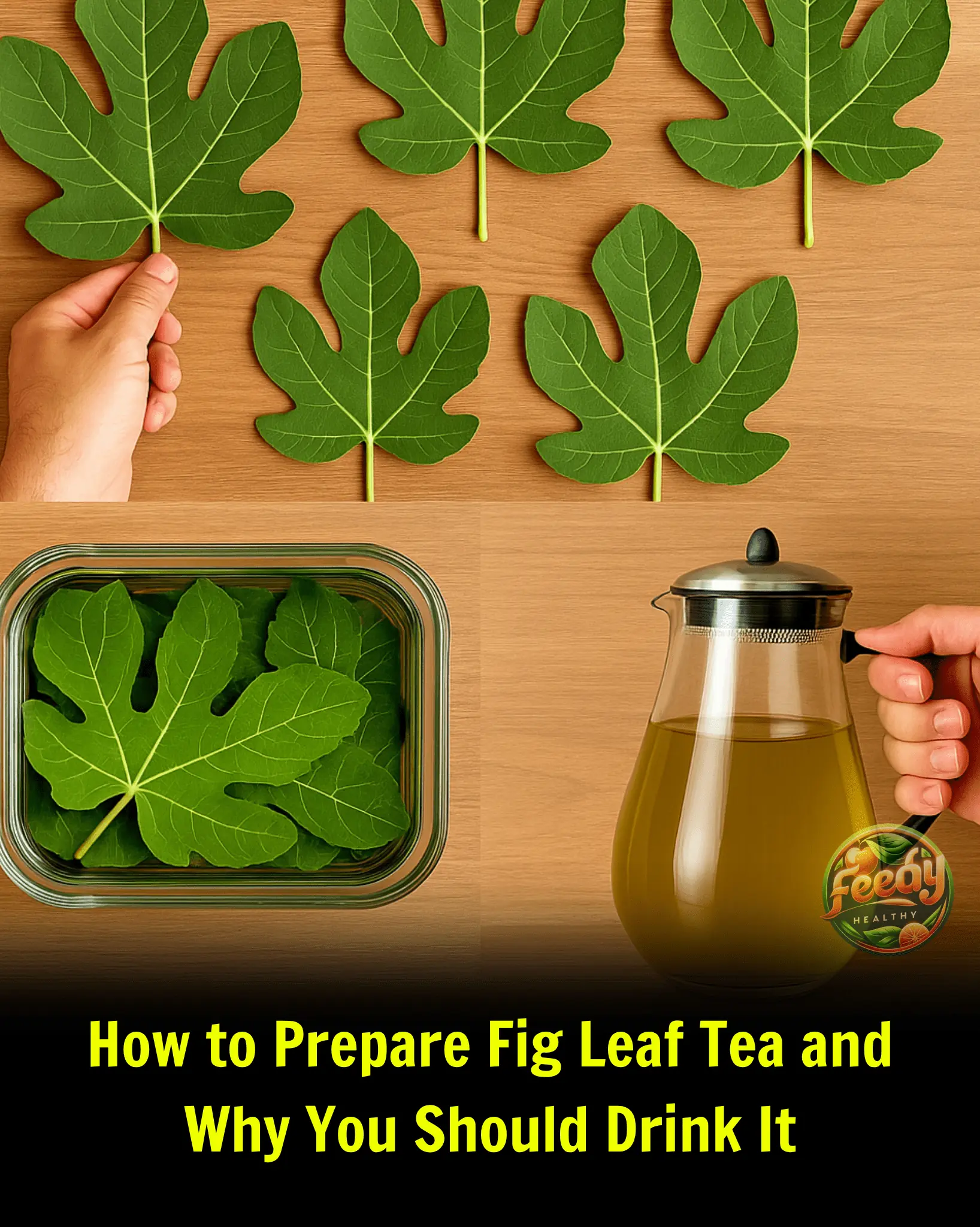
How to Prepare Fig Leaf Tea and Why You Should Drink It

5 Health Conditions That Should Avoid Honey – Important Warnings You Need to Know

Here’s what you need to know about tonsil stones – the weird pimple-like growths in your throat

Breathe Easy Again: A Natural Way to Soothe Your Lungs with Onion and Hone
News Post

GINGER TEA
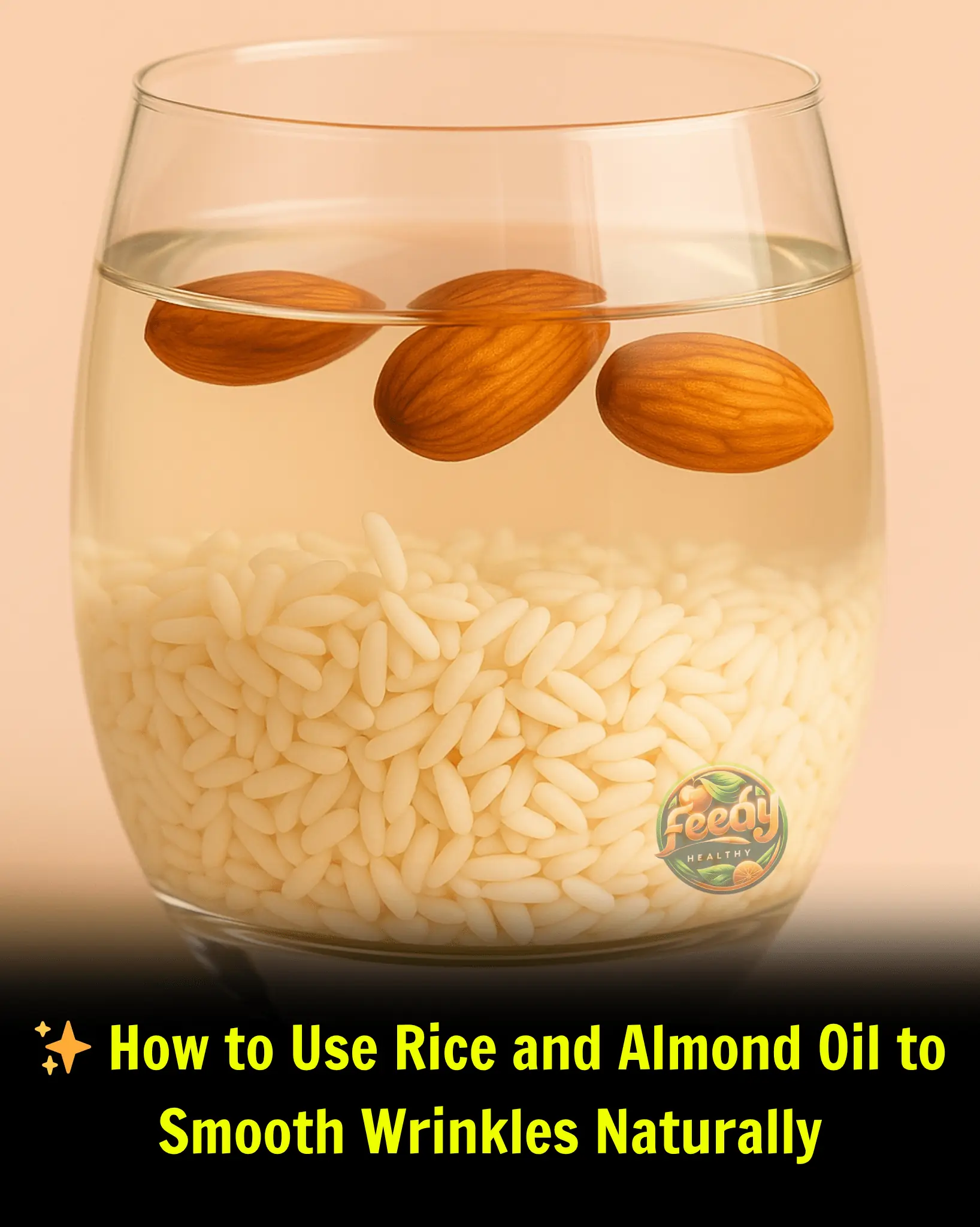
How to Use Rice and Almond Oil to Get Rid of Wrinkles

PLANTAIN: Take Advantage of Its Benefits and Learn How to Use It! 🌿

If You Suffer from Diabetes, High Blood Pressure, High Cholesterol, Inflammation, or Premature Aging — This Simple Homemade Remedy Could Change Your Life

Exploring the Amazing Benefits of Turmeric
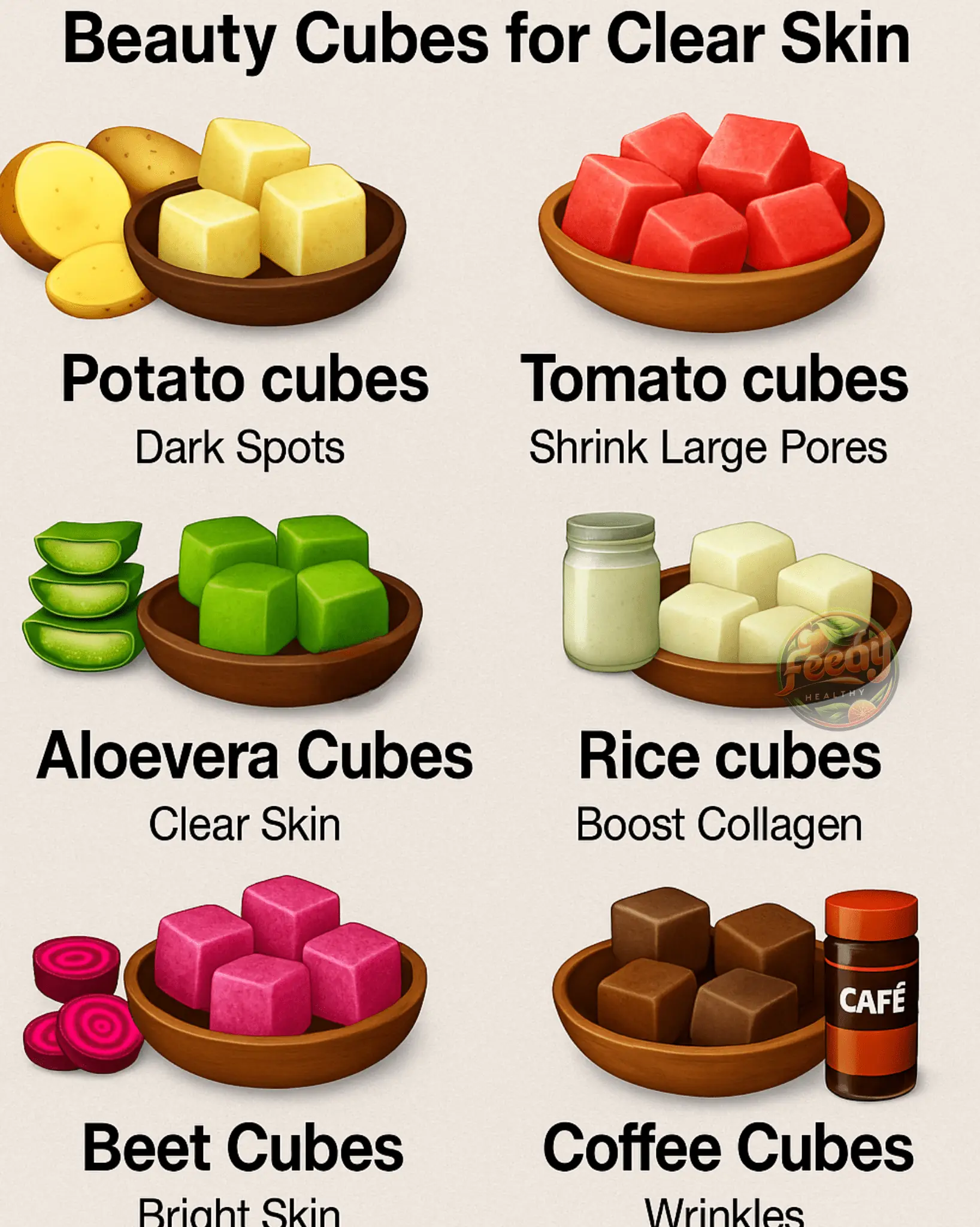
10 DIY Beauty Ice cubes for Face, Glowing Skin

7 Persistent Minor Illnesses That Could Be Early Warning Signs of Cancer

Discover the Impact of Consuming Two Cloves Daily After 50: The Benefits of Cloves
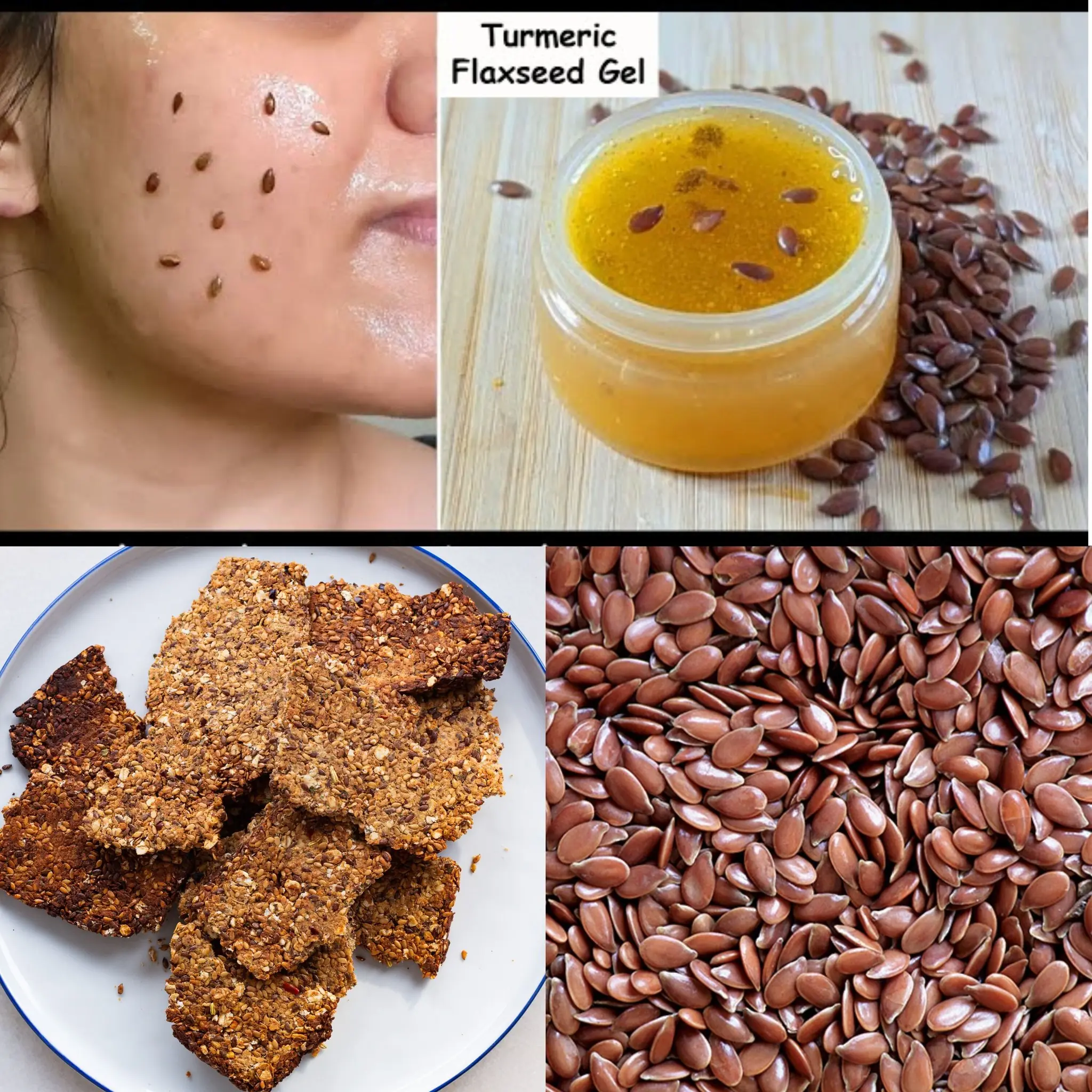
This is Why You Should Eat Flaxseed More Often

Soothe, Heal, and Protect with Every Spoonful

Natural Liver Detox Tips

I’m Losing So Much Belly Fat Drinking This All Day! 🌿 My Big Belly Is Gone – Thanks to Ginger!
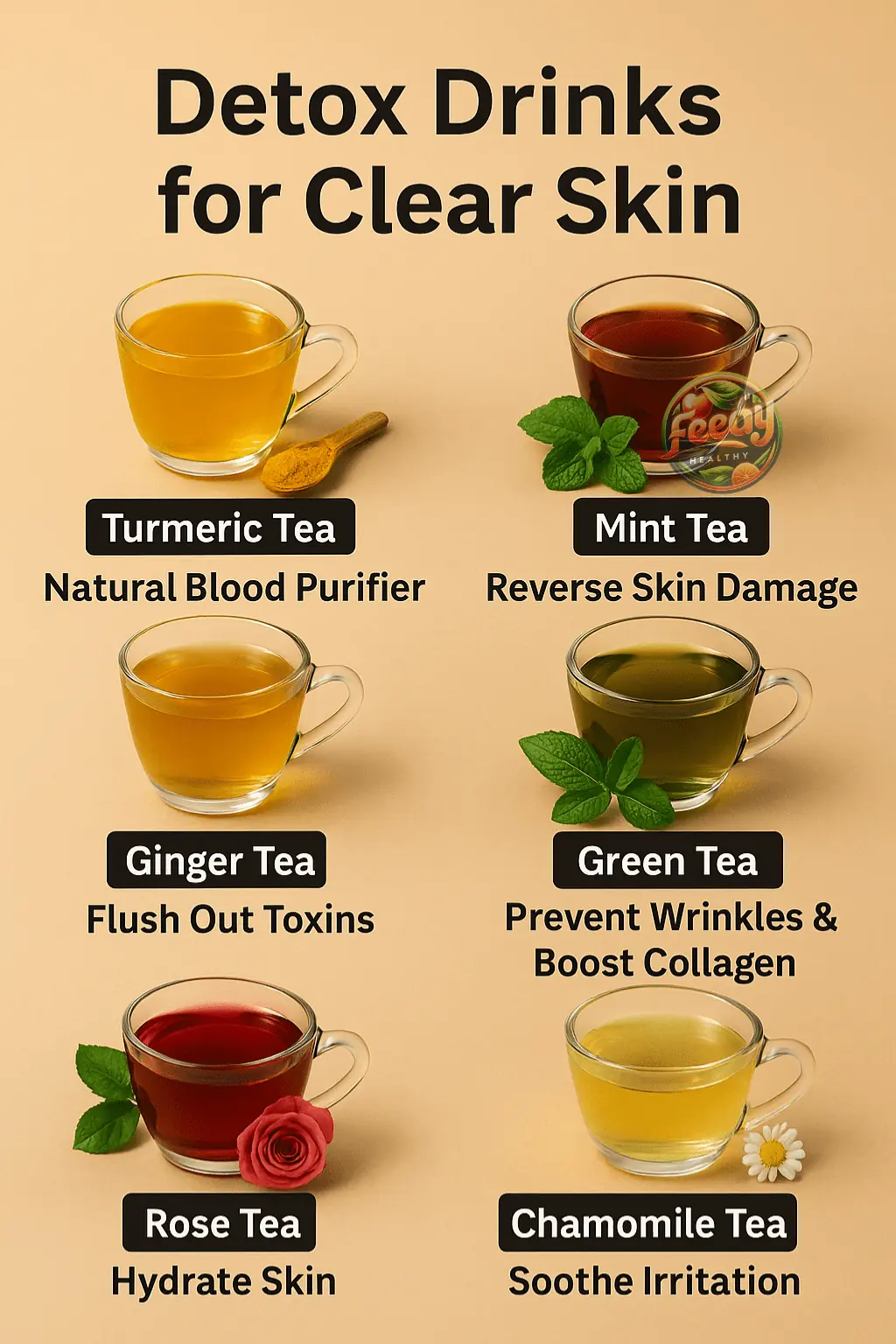
10 Detox Drinks for Clear Skin

Circus lion released after being locked up for 20 years

How To Properly Dispose of Ticks

10 Clues Your Body Might Be Giving You About Clogged Arteries

Warning signs of a heart attack?

8 powerful anti-cancer foods you should start including in your diet

Unlocking the Power of Garlic, Cloves, and Honey: Your Natural Health Solution
